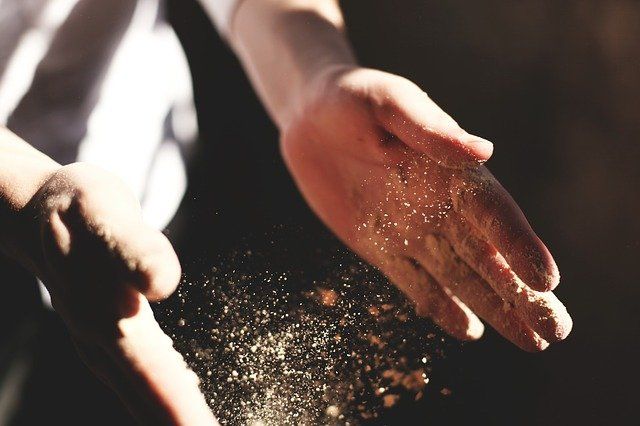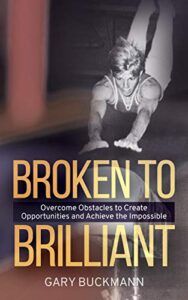
Like most people, I enjoy sports. But more than being a sports fan, I am a fan of athletes. The mindset a person must have to train and compete at a high level is worth examining and their efforts respected. International Day of Sport for Development and Peace allows us to do that and to appreciate a different facet of their experience--the relationship between sports and diplomacy.
To that end, I'd like to introduce you to Gary Buckmann, a former elite level college gymnast and National USA women’s gymnastics coach who's worked with 5 Olympic Gold Medal winners and traveled the world with the USA team.
The main connection that I see between sports and diplomacy is how it is imperative to work both as a committed individual and as a team player. Everyone is responsible individually to do their part in order for the success of the whole.
Just as athletes do, all of us humans must buy into the concept of cooperation and dedication to work toward a common goal. The goal of equality and respect for everyone on the planet is no different. This is a team effort that requires individuals to step up and do their part.
I helped my athletes develop an internal environment of peace by helping them develop total body awareness through basic drills to be safe first and second to be consistent while performing their skills. I helped them reach their full potential by giving them the information they needed to know to understand why they were doing basic repetitive drills, how the basics were going to benefit them, where it would take them next and ultimately how these step-by-step progressions would get them to the big trick they were wanting to learn.
The awareness that they gained from this process encouraged sharing amongst team members and enhanced the learning process tenfold in addition to their relationships with one another.
This is the same with what we need to do to come back stronger as we recover from the pandemic in order to create a better world.
When I was a competitive gymnast there wasn’t a lot of communication between myself and the coach, you just did what you were told. As a coach, I learned the importance of communication between myself and my athletes.
By asking questions that caused them to be aware of their physical, mental, and emotional development in their training, their internal feedback enhanced the learning process for them and gave me great insight regarding how to be a better coach. This open line of communication created an atmosphere of co-operation and collaboration for the ultimate learning experience.
It brings us together as one team. To spread the message of co-operation and communication and working together along with individual efforts so that we all win. It’s a great platform to reach more people in order to create a stronger worldwide community for the betterment of mankind.
My favorite thing about athletes is their positive attitude, their drive to be better, their unwavering discipline to work hard and do whatever it takes to be successful. I respect their dedication to helping one another and lifting each other up when things get challenging.
Athletes and business leaders alike have an open mindset and face challenges with a can-do attitude. They are resilient physically, emotionally and mentally which is a winning combination for success.
 ABOUT GARY BUCKMANN
ABOUT GARY BUCKMANNWhile in college, Gary Buckmann went from being a top-level gymnast to lying in a hospital bed paralyzed from a broken neck.
By using the techniques he now teaches to clients, he went on to achieve a full recovery. Within three short years of his catastrophic injury, he was able to compete again.
Within five years, Gary was asked to be on the National USA coaching staff for women’s gymnastics. He worked with 5 Olympic Gold Medal winners and traveled the world with the USA team.
As a speaker, executive coach, and author, Gary is passionate about sharing his techniques and experiences with athletes, business executives, entrepreneurs, and community leaders. To learn more about Gary, visit GaryBuckmann.com. Or visit Amazon for information about his recently published book Broken to Brilliant: Overcome Obstacles to Create Opportunities & Achieve the Impossible.

Related: To Write a Better Memoir or Novel, Think Like a Screenwriter, Movie Director, and Cinematographer
Sources
Feature Image by Free-Photos from Pixabay
CI Communication Strategies
2021
